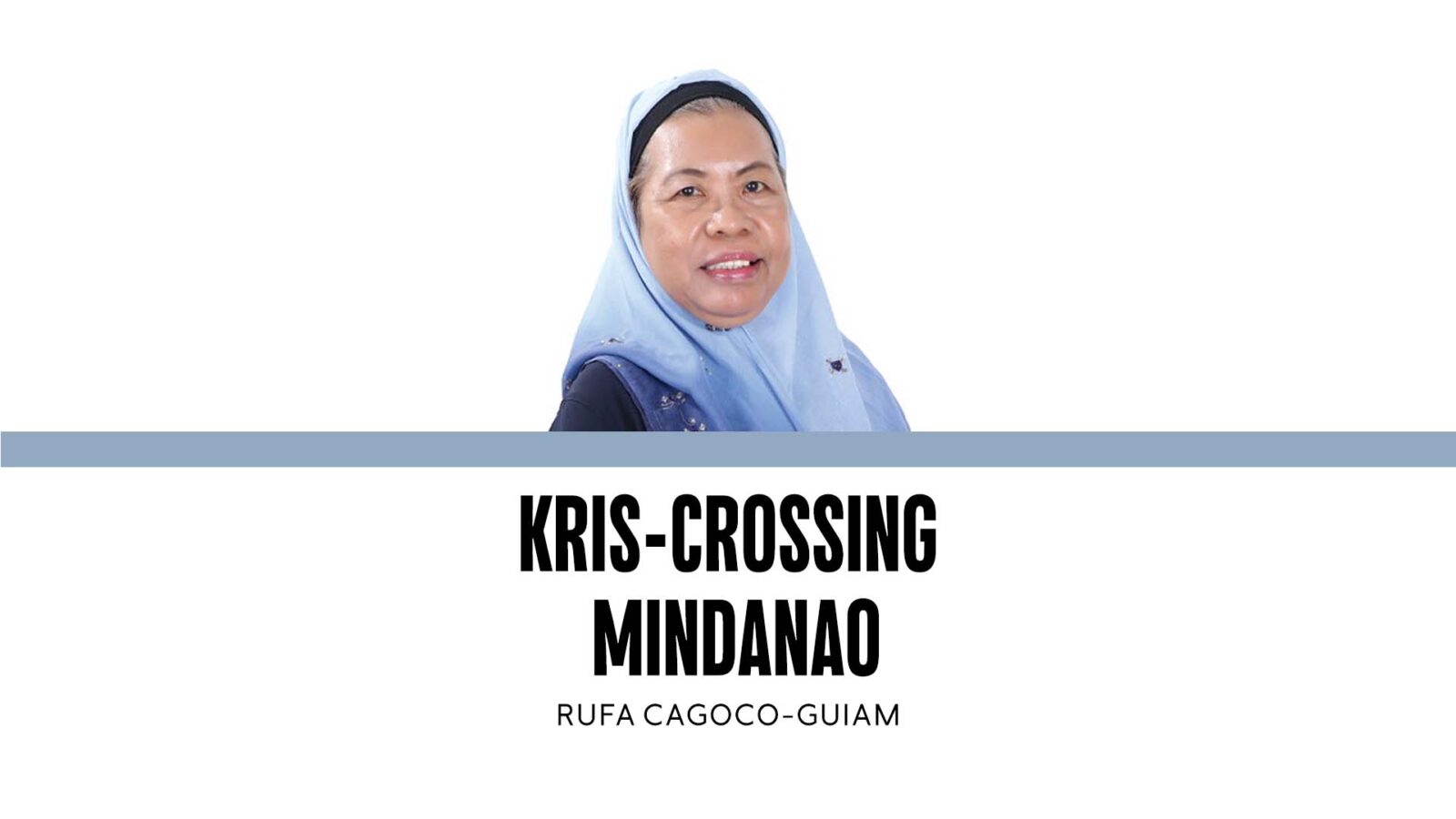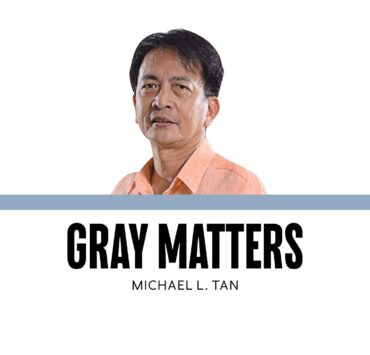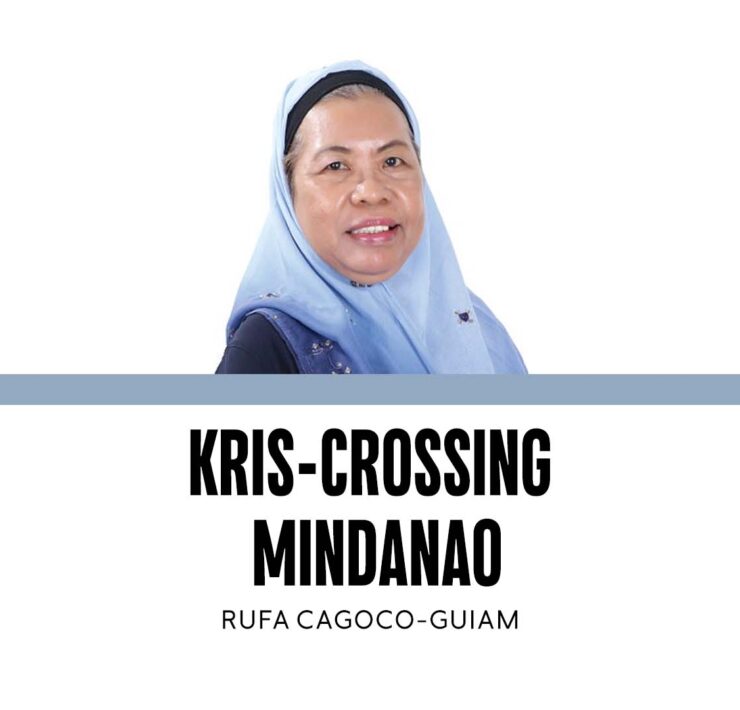Quo vadis, BARMM? (2)

To recall, the Supreme Court has declared that the Bangsamoro Parliamentary Redistricting Act of 2025 (BAA 77) is unconstitutional for two main reasons. These are: 1) it violated Section 5 of the Voters’ Registration Act, which prohibits any changes in precinct assignments once the election period starts. BAA 77 was approved in a plenary session of the Interim Bangsamoro Parliament on Aug. 19, 2025, five days after the election period began. It was signed into law only on Aug. 28, 2025, but not by the Speaker of the Bangsamoro Transition Authority (BTA), Pangalian Balindong, who was on sick leave. One of the deputy speakers, lawyer Nabil Tan, signed it on behalf of Balindong. This was questioned by those who did not vote for the passage of the redistricting act, as it was seen as an instrument for gerrymandering.
Secondly, BAA 77 violated the Bangsamoro Organic Law, or Republic Act 11054, the basic law for the creation of the new Bangsamoro Autonomous Region. RA 11054 requires that districts be composed of localities that are adjacent and adjoining each other, as far as practicable. The Supreme Court noted that some local government units in Lanao del Sur, Maguindanao del Norte, and even in Cotabato City “were assigned to different districts that were neither contiguous nor adjacent.” Such comments were reflective of the gerrymandering slant of BAA 77.
The Supreme Court ruled further that the nullification of BAA 77 cannot be supplanted by an earlier BAA 58 or the Bangsamoro Parliamentary Districts Act of 2004, which still included the districts assigned when Sulu was still part of the Bangsamoro Autonomous Region in Muslim Mindanao. With Sulu’s exit from the BARMM in 2024, this cannot be used to supplant the nullified BAA 77 since, as the Supreme Court notes, it is based on an “outdated framework.” Thus, BAA 58 cannot be reinstated.
Moreover, the Supreme Court ruled that since BAA 77 is nullified, there will be no elections on Oct. 13, 2025. The highest legal arbiter of the country also ordered the BTA to craft a valid redistricting law not later than Oct. 30, 2025, so that the postponed first parliamentary elections can be held not later than March 2026.
Take note that the Supreme Court also reminded the members of the interim parliament to craft a new redistricting law that does not violate any provision of RA 11054, national laws (like the Voters’ Registration Act), and the Constitution. In other words, members of the BTA must take extra care not to assign areas that are far from each other or not related to each other to belong to one voting district.
For once, members of the interim parliament should refrain from proposing legislation that only perpetuates their long hold on some localities that have become their fiefdoms. Some BTA members, as well as local and regional officials, have always first considered their political stronghold over communities they think belong to them by hereditary succession. They should remember that the Philippines is not a monarchy, and neither is the BARMM.
Unfortunately, this has been the political orientation of many constituents in the region, or even the whole country: that political power is based on a line of succession of leaders from the same political family. Political power is seen as a family heirloom to be handed down from one generation to another.
These realities are also present in the BARMM. But in this fledgling region’s case, they are compounded by problematic issues that relate to the fragility of the region’s extant peace process. Just a few months ago, we witnessed how events altered the composition of the regional leadership and how this has caused ripple effects in significant aspects of the terms of the Comprehensive Agreement on the Bangsamoro (CAB), which led to the creation of the BARMM.
The CAB is the successful culmination of the long and tedious peace negotiations between the Moro Islamic Liberation Front and the Philippine government. Now, we are seeing that the euphoria over the signing of the CAB in 2014 has somehow degenerated into a negative peace: there is no active vertical war between the Philippine government and the MILF. But there is no peace either.
Several violations of the provisions of the CAB and other bilateral agreements between the two parties have been called out by the MILF, with them complaining about “unilateral moves” initiated by the Philippine government. And there are subtle references to more unpredictable events that will take over this region’s fragility, especially in terms of maintaining and sustaining peace.
Based on current sources of tension among regional leaders and their national counterparts, some observers think that a powder keg might soon explode in the region, which might put to naught all the legacy of precious lives and properties lost. Such is the legacy that Bangsamoro freedom fighters (mujahideen) have left behind, which formed the foundation of an autonomous government for the Bangsamoro, with a durable and pragmatic peace for everyone.
So, where is the BARMM going? Quo vadis, BARMM?
—————-
Comments to rcguiam@gmail.com

















